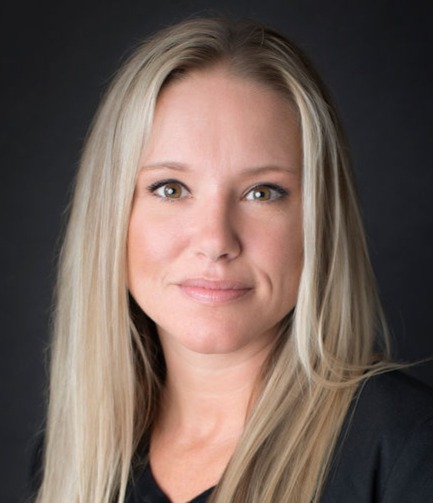Technology Helps Long-Term Care Do More with Fewer Resources… So why aren’t we moving faster?
- jramieri

- Nov 16, 2021
- 4 min read

In the modern age, technology has become the foundation required to achieve operational success. Although this statement is true, the long-term and senior care industry has been technologically underserved. Not only has the industry been underserved, but the adoption of new technology by provider organizations has been a slow process. So what's holding us back? We've explored some of the challenges.
Cost: Implementing new systems comes with a price tag, so you need to know what you're getting. Most vendors can provide hard cost ROIs, and depending on the application, they can often be easy to measure. Soft costs like time-saving, efficiency and staff satisfaction can be harder to measure. If you're evaluating a new solution or looking to replace a solution you have, ask the vendors to provide examples of hard and soft cost savings and ask to speak with their existing clients in the long-term or senior care space. Here are some cost-saving examples we found.
PointClickCare is the leading cloud-based software for long-term and senior care organizations. A study conducted by Forrester Consulting on behalf of PCC analyzed the ROI for PCC's Skilled Nursing solution and reinforced the need for digital transformation in long-term care. The study found:
418% ROI
Reduced Nursing Staff Turnover
Fewer Medicare PDPM Penalties
OnShift provides cloud-based human capital management software for senior care. In a case study on their staff scheduling and labor management software, they cited:
$500K savings in 12 months on overtime expenses
90% increase in scheduling efficiencies
Increased employee satisfaction
Arena, an AI Human Resources application that aligns applicants with organization outcomes, shared a case study that found:
$520K annual savings in hiring costs
28% reduction in 180-day turnover
Technical Capabilities of non-IT Staff: You've purchased systems that have what it takes to solve problems and make work more efficient, but your software will do little if it's not implemented and used correctly by your staff. How do you train and build a team that is receptive to and skilled in using new technology?
Training, Process, and Guidelines: It's a given that staff members need training on how to use and navigate new systems, but it's also essential that training includes company business processes and guidelines. Setting clear guidelines early (at the time of hire or when onboarding a new system) on the expectation of use and putting referenceable processes in place goes a long way toward giving staff members the tools they need to succeed. Expectations of use should be clear, concise, and easy to follow.
Make it easy: Facility and community staff have demanding jobs and are often being pulled in different directions all day long. Teams can become overwhelmed with systems that are too complicated. Make sure to include ease of use in your evaluations. Systems should be user-friendly, easy to learn, and easy to use. Look at an operational platform to tie systems together and give teams an easy way to access the information and tasks from the multiple systems that they need to do their job in one place. There's nothing more frustrating than duplicating work.
Monitor System Adoption: Set adoption targets for system use, not only for the system itself but also for functions within the system. Most modern systems provide analytics on staff usage. Review these reports regularly with your system vendors, staff, and leadership teams to determine if you need to revisit training or refresh procedures.
Track Feedback from Team Members: Review feedback from users to determine if there are problems with the system's functionality or if additional training is required. Ask your software vendors or helpdesk for a ticketing report and review to determine if multiple employees are raising the same issues. Proactively addressing concerns goes a long way toward employee satisfaction.
Resources & In-house IT Expertise If you're like many long-term or senior care companies, you might not have an in-house IT staff. This can make implementing some systems difficult. Luckily, many software solutions in the modern world are offered "as-a-service," which means that the software provider hosts and maintains the software, eliminating the need for in-house developers, servers, and IT expertise. Software-as-a-service companies tend to take a more managed approach toward implementation, training, and user-level support. If IT resources are slim, focus on as-a-service solutions. Make sure you include vendor support as a part of your evaluation and ask the vendors if they offer additional pay-for services like onboarding, training, documentation, and end-user support options.
Modernizing skilled nursing and senior care operations is no longer a choice. Staffing shortages, high turnover, and increased regulatory requirements mean that teams must do more with fewer resources. Paper just doesn't cut it any longer. Getting ahead of the reasons not to update technology can make the process easier.
So how can we help? CareWork streamlines the way long-term and senior care companies operate. We integrate with the systems you already use and tie your data together. Through a single login, organizations have access to descriptive analytics so teams can make data-driven decisions, automated and assignable tasks, communication, and workflow. We make care work easier.
Ready to make the most out of your systems? If so, contact us today.



